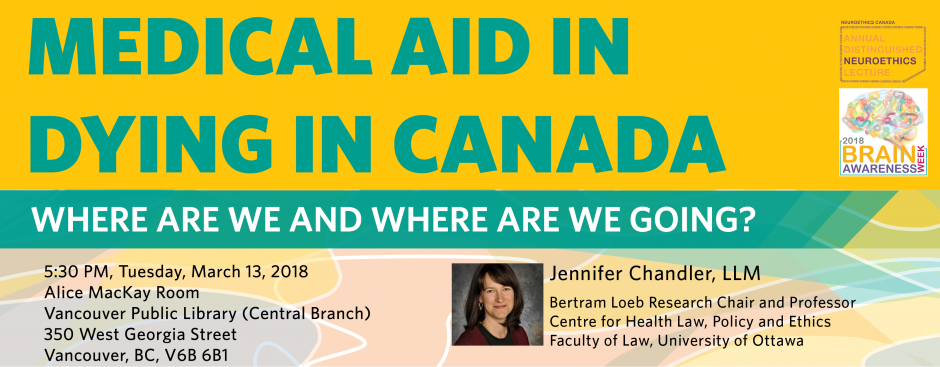Due to time constraints, we were unable to go through all questions at the event.
Here are all the questions we received:
Category: Legislation
- With the complexity required to address the multitude of individual medical circumstances, would it even be possible to effectively legislate? Would a less prescriptive patient/physician-as-decision-makers model be more appropriate?
- What do you think MAID and its legislation will look in 5 years?
- How uniform is the current practice of MAID in different Canadian constituencies? Can you elucidate current thinking re: organ donations after MAID?
- When will the independent review report be submitted?
Category: Eligibility
- What determines a patient’s state as “intolerable and eligible” for MAID? Subjective/objective data or both?
- All of us who may need hospice palliative care one day, but will avoid it if MAID is done in tandem with that program, are we considered?
- What has been the result of MAID (with regards to allowing eligibility to the mentally ill) with regards to statistics around suicide? I.e. are there any statistics in those countries showing either decreased suicide and/or increase in seeking alternative treatments?
- When do you think laws will allow us to choose MAID at any age (over 21, 65, 70?) we wish, which is surely our right this hi-tech world? Or should we just jump off a bridge?
Category: Access
- Is it discrimination if people with dementia are prohibited [from] MAID?
- How can we best advocate for increased advocacy for access for those in fear of losing competency but want MAID after losing consciousness?
Category: Terminology
- In what situations [are] distinction between euthanasia (physician kills patient) and physician-provided lethal treatment (patient kills self) important?
- Archdiocese of Vancouver Archbishop Miller uses the phrase “physician assisted suicide” [while] Minister of National Defence Honourable Harjit Sajjan uses the phrase “physician assisted dying”, which phrase is correct?
Category: Ethics
- The ethical debate always seems constrained by those self appointed to define it to individual ethics/values/rights. What about more global ethics? Where do the billions of people who have few if any rights left? Let alone environmental ethics or rights? Why constrain autonomy for an individual deemed “vulnerable” by others, when hundreds of millions have no access to what we consider routine care? Who has the right to say that is ethical?
Category: Healthcare Professionals and Industry
- How are we protecting healthcare providers from any traumatic impact of taking an active role in assisting the death of patients as opposed to seeing natural death? How do we address how MAID may contradict the priority of the protection of life in our healthcare?
- How do you justify the effective referral obligation faced by physicians?
- Why aren’t MAID assessments required by specialists on diagnosis, disease progression, timelines (e.g. death in [the] foreseeable future) and capacity to consent? If the reasons are logistical, is there a plan to include specialists down the road?
Category: Research
- Do you have any comments on the research of Dr. Adrian Owen who is studying brain activity in fMRI patients in vegetative or minimally conscious state?
- We have limited knowledge on our brain and how it works. Do you have any theories as to how we can go about discovering the unexplored territories of our brain?
